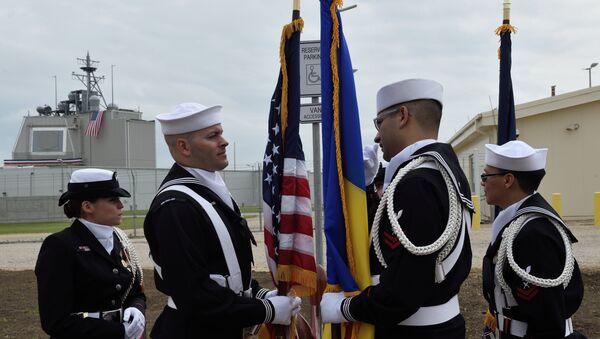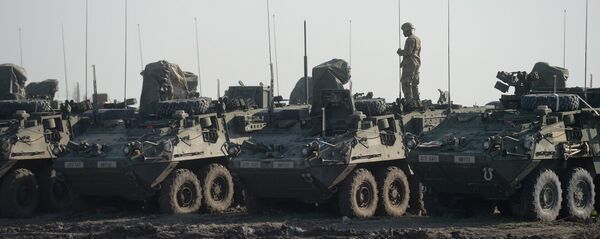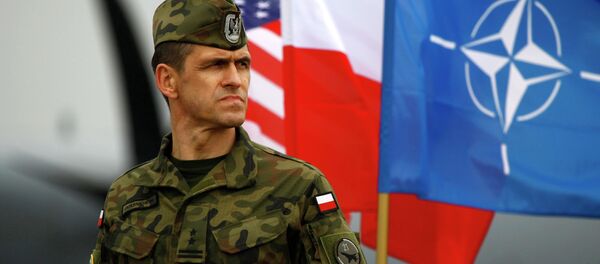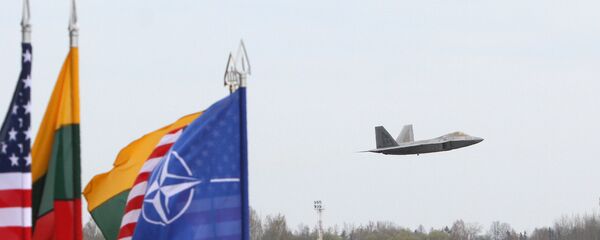“NATO is possibly about to make one of the biggest mistakes in its history,” Bittner writes in his article for the Die Zeit, German newspaper.
Even though the West continues claiming that the system presents an insignificant threat to Russia and is directed against rogue states such as Iran or North Korea, its deployment gives Russia a chance to halt all the efforts concerned with disarmament, which have been negotiated for decades, the author says.
He particularly refers to the Intermediate-Range Nuclear Forces Treaty (INF), a 1987 agreement between the United States and the Soviet Union (and later its successor states, in particular the Russian Federation) which eliminated nuclear and conventional ground-launched ballistic and cruise missiles with intermediate ranges, defined as between 500–5,500 km (300–3,400 miles).
Already back in 2007, the authors reminds, President Putin warned that Russia could withdraw from the treaty if NATO continues with its plans to deploy the missile defense system in Europe, because the treaty would no longer answer Russia’s security interests.
“Immediately after the opening of the missile station in Romania, the Head of Arms Control Department in the Russian Foreign Ministry, Mikhail Ulyanow noted that in Russia’s view, this represents a violation of the INF Treaty,” the author says.
And the upcoming NATO Summit in Warsaw on July 8-9 could become the occasion for it, Bittner warns.
“Would NATO therefore be better to pull the emergency brake and put the construction of the missile defense on hold?” he asks.
The author also notes that the above system is technically unable to intercept modern Russian nuclear missiles. An interception missile, even if it works perfectly, is able only to destroy one warhead of an approaching ballistic missile.
However, present-day Russian offensive missiles are equipped with multiple warheads and warhead decoys and they are practically impossible to intercept.
The missiles which could potentially come from Iran and North Korea are completely different matter, the author explains. But how likely is that scenario, he wonders.
After its successful nuclear deal, Iran has no interest in the idea, he says.
“And even if one assumes that North Korean dictator Kim Jong-un is able to build nuclear warheads for long-range missiles (which are probably still years away), no state in the world has an interest to letting him do so,” Bittner says.
In other words, he says, NATO is protecting just against a minimal risk from Iran and North Korea, by exposing itself to the far larger risk of Russia’s nuclear capacity buildup.
The Alliance should put a moratorium on its defense shield, the author says, which could be a “concession to Russian paranoia and propaganda”, but “still it would be right.”
The INF Treaty provides Europe with more security than two technically questionable defense stations, he concludes.





